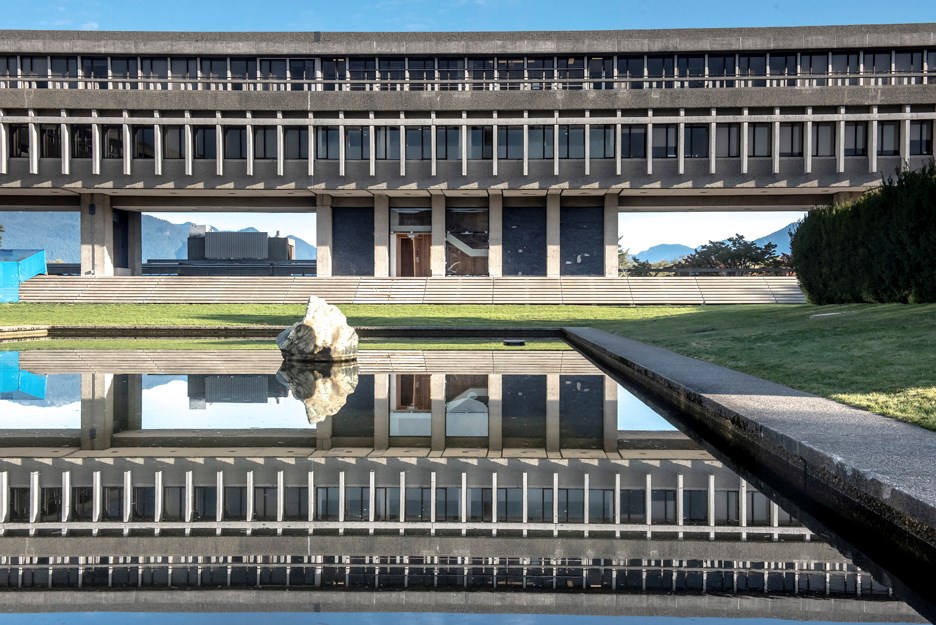This story has been updated to include comments from Contract Worker Justice at SFU.
Simon Fraser University will seek certification to be a living-wage employer, though a contract workers’ advocacy group wants the school to go a step further.
A living wage is the hourly amount needed for a family of four to cover basic expenses, including food, clothing, rental housing, child care, transportation and small savings.
The certification process, through Living Wage for Families BC, will take about three years to complete, following a phased approach as contracts and bargaining agreements are renewed.
The living wage for Metro Vancouver is $20.52 per hour, according to Living Wage for Families BC.
‘Significant victory’ but ‘not nearly enough’
The announcement for a living wage is a “significant victory,” the advocacy group Contract Worker Justice at SFU said in a statement on Thursday but followed up saying SFU’s decision to keep contract workers outsourced “does not nearly go far enough toward ensuring the fundamental dignity and rights of this workforce.”
The union for the food service workers, Unite Here Local 40, has also been part of a campaign to end the outsourcing of food and cleaning services at SFU.
The university maintained that, after an external review, “these services should remain outsourced.”
Contract Workers Justice disagreed with the report, saying it was produced without input from contract workers on campus and that it includes flawed allegations on potential outcomes of bringing the work in-house.
SFU said the report author, Deloitte, included interviews with “key stakeholders, including the Contract Workers Justice leaders, the employee unions and the current companies providing these services, as well as with other post-secondary institutions.”
The university statement continued that the report indicated that SFU has “gaps and challenges” to provide the work in-house.
SFU will create a working group to support the living-wage certification process and determine future expectations with contract service providers.
Earlier this year, food service workers at SFU rallied for a living wage, as well as other benefits provided to direct SFU employees, like better access to on-campus childcare, parking and access to the university library and fitness centre.
A living wage at SFU
In a media release, SFU president Joy Johnson said a key priority for the school is to ensure that everyone feels a sense of belonging and mutual respect on campus.
“We recognize that there are gaps and inequities among some of the workers at our university and it is important that we ensure that benefits and wages reflect the true costs of living in our community,” she said.
SFU says it is the first public university in Canada to begin seeking the formal living-wage certification.
—with files from Cornelia Naylor





